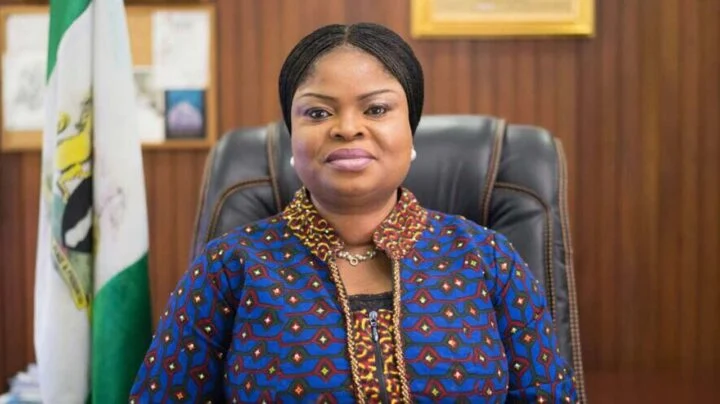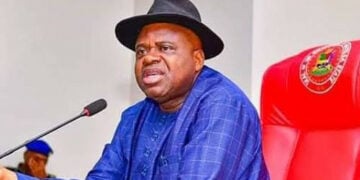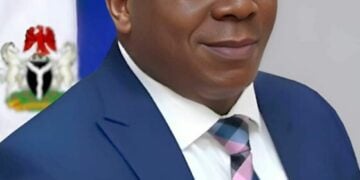With less than five years to the 2030 deadline for achieving the United Nations Sustainable Development Goals (SDGs), the Presidency has disclosed that 17 states are yet to domesticate and integrate the global development agenda into their governance frameworks – a gap it warns could hinder Nigeria’s overall progress.
The senior special assistant to the President on Sustainable Development Goals (SDGs), Princess Adejoke Orelope-Adefulire, raised the concern on Tuesday in Abuja at a one-day Roundtable Dialogue with State SDGs Focal Persons.
She stressed that Nigeria’s success in achieving the goals depends on urgent subnational, whole-of-government, and whole-of-society action.
“The remaining five years demand greater coordination, innovation, and subnational ownership if we are to meet our commitments,” she said, noting that state focal persons play a strategic role in bridging national policy with grassroots realities.
She urged states to fully mainstream the SDGs into their budgets and development plans, warning that sustainable development cannot be achieved without sustainable financing.
According to Orelope-Adefulire, while 20 states have already aligned their plans with SDG targets and indicators, the 17 others yet to do so must act fast to ensure their budgets reflect national priorities.
The Abuja dialogue brought together state focal persons to share experiences, strengthen data systems, and forge partnerships to ensure no one is left behind.
Edo State’s director-general for SDGs, Julius Okunbor, described the meeting as “an eye-opener,” noting that the SDG structures in his state had been revived and were working to accelerate implementation.
“Many believe there’s a lot of donor money in the SDG coffers, but the truth is, we must work with what we have, minimise leakages, and manage budgets prudently,” he said.
Also, the special adviser to the Abia State governor on Basic and Secondary Education, Kenechukwu Nwosu, highlighted the integration of SDGs across infrastructure, health, agriculture, and sanitation in his state.
“We have strong ‘handshakes’ with municipal governments and local chieftains. He noted that ” social mobilisation and grassroots engagement are critical to our success,” adding that Abia’s financial discipline enables it to meet counterpart funding without loans.
In her closing remarks, Orelope-Adefulire urged participants to make the dialogue a turning point in the nation’s collective efforts to deliver on the goals.
“The SDGs are not abstract; they are about real people, real communities, and real change. Every state must play its part, and for those 17 states yet to domesticate, the time to act is now,” she said.
As the clock ticks towards 2030, the meeting underscored that Nigeria’s sustainable development trajectory will be determined not just by federal policies, but by actions taken in state capitals, local government offices, and communities nationwide.





